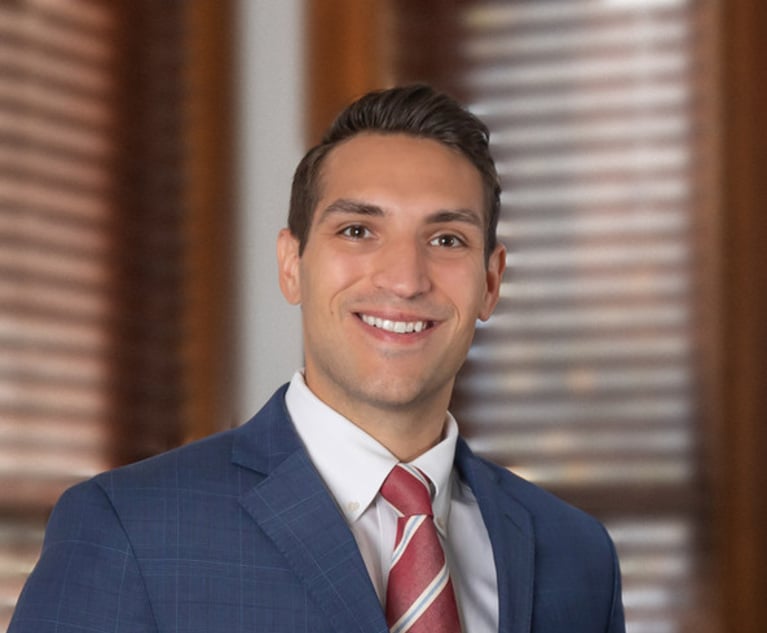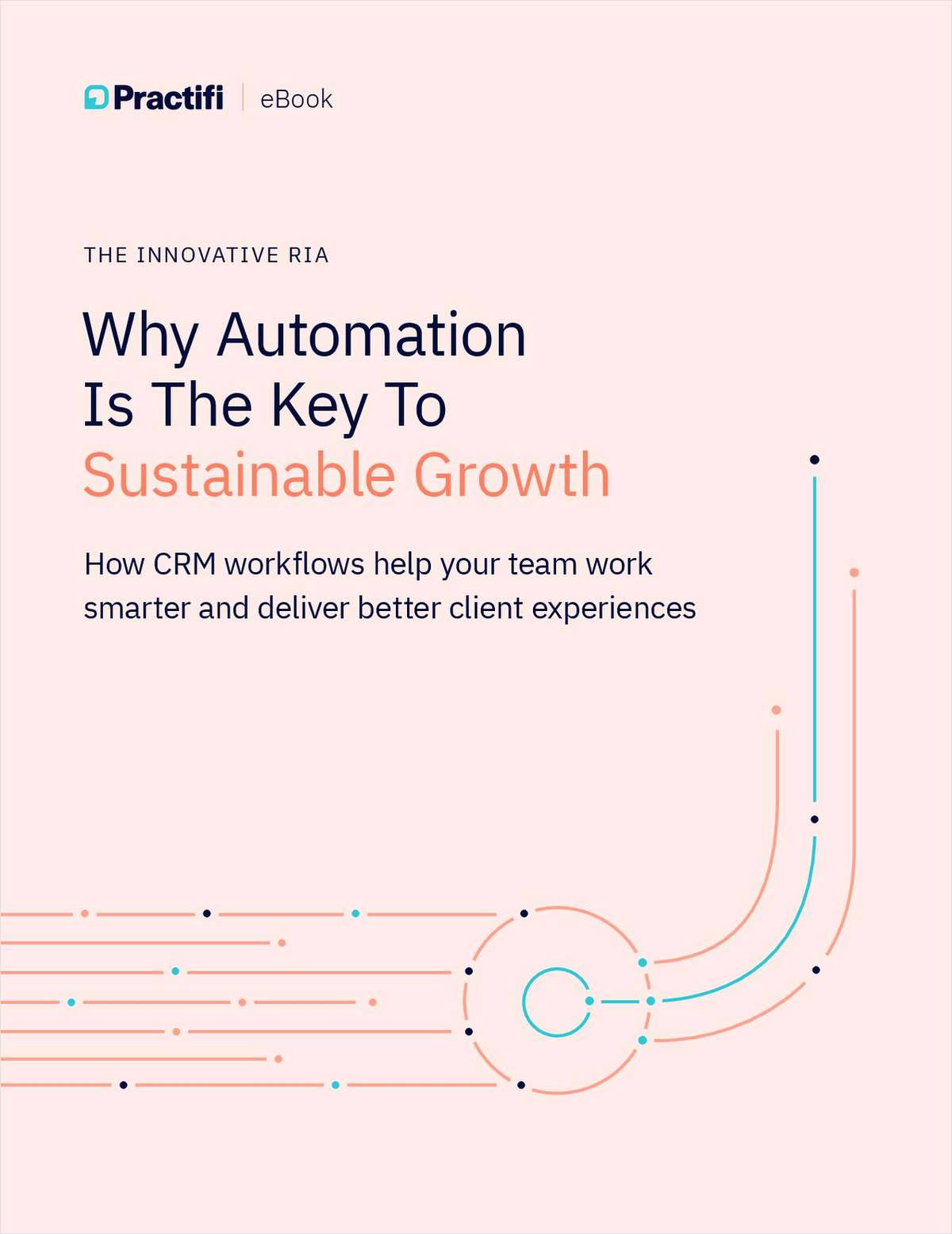 Courtroom. Photo: Shutterstock.com
Courtroom. Photo: Shutterstock.comBurnout on the Bench: Judges Grapple With Stress, Fatigue
Judges discuss how they deal and cope with the stress of the bench.
February 24, 2020 at 02:31 PM
6 minute read
The little things show how she's changed.
Connecticut Supreme Court Justice Maria Araujo Kahn no longer watches violent movies. It's only comedies now, or "happy movies where everyone is treated nicely" for the jurist whose in-court responsibilities follow her far beyond the bench. Kahn once adjudicated a case involving cannibalism, and oversaw the trial of a defendant accused of possessing more than 100 videos of child pornography.
Now, she and other judges say the black robes of justice are heavy.
Adjudicating major conflicts, handing down decisions with far-reaching consequences, and sometimes wielding the power of life and death is a formidable responsibility, one that leaves judges exhausted and often traumatized, according to a study by the American Bar Association's Commission on Lawyers Assistance Programs.
The stress sometimes leads to high blood pressure, insomnia, stress and other telltale signs of the burden jurists carry, the study suggests.
"I'd have raw emotions bubbling up in me," said Robert Devlin Jr., a Connecticut Appellate Court judge who spent decades handling criminal cases on the Superior Court bench. "It takes a toll on you, especially after 26 years."
|'Cases stick with you'
Many in her courtroom didn't know this, but Kahn often kept her feelings at bay in the courtroom by looking down and writing notes, sometimes avoiding eye contact with the people appearing before her.
"It can be very hard to keep your emotions in check when hearing from victims' families, and also at times, from the defendants' families," the judge said. "Those cases stick with you."
And their effects can be unexpected.
A television crime show about a serial murderer or cannibal might reawaken emotions, so the judge has learned to avoid them.
"They tug at your heart," Kahn said. "Seeing images outside of court will trigger memories from in court.
|Top 20 Sources of Judicial Stress
|- Importance/impact of decisions — 79.7%
- Heavy docket of cases — 73.2%
- Unprepared attorneys — 67.6%
- Self-represented litigants — 62.5%
- Same parties repeatedly, but not addressing underlying issues — 58.1%
- Public ignorance of courts — 55.5%
- Long hours of work without break — 53.5%
- Hearing contentious family-law issues — 50.3%
- Isolation in judicial service — 50.3%
- Insufficient support staff — 49.5%
- Counsel's increased incivility, unprofessionalism — 48.5%
- Unable to hear as many cases as needed — 47.9%
- Cases involving severe trauma/horror — 45.9%
- Inadequate compensation structure — 47.3%
- Running for office/reelection — 41.6%
- Courthouse security concerns — 41.4%
- Increased use of electronic media — 37.2%
- Concern for personal or family safety — 37.1%
- Staffing cuts and turnover — 35.9%
- High-profile cases — 35.7%
Source: 2019 National Judicial Stress and Resilience Survey
Organizations, such as the National Center for State Courts, appear to be taking note. The group publishes a Judicial Stress Resource Guide that addresses the link between budget cuts and low morale among court employees; a connection between obesity and judicial stress; burnout, emotional labor; misconduct among jurists; substance abuse; personal strain and other issues.
And the American Bar Association's Commission on Lawyers Assistance Programs took an in-depth look with a study released at a national conference in Austin, Texas, in September.
The group surveyed 1,034 judges to identify key stressors and solutions.
One dark takeaway: 2.2% of the judges who responded to the survey said they had thoughts of injuring themselves or of committing suicide. And in the last two years, at least two judges—one from Florida and one from Georgia—died by suicide.
Few judges get to that low point, thanks to wellness strategies they've developed over years on the bench.
Kahn, for instance, spends time visiting schools to speak to children about the law. And Superior Court Judge Robert Abrams does community theater, while Devlin would walk for one mile from the Bridgeport courthouse to Seaside Park.
"Those walks helped," he said. "It just takes something out of you to constantly hear these cases. There is an emotional drain."
|'Harder than people think'
Devlin said he's found himself pulling back while on the bench in some instances.
"Sometimes, it's hard to hold the emotions in check. I'd find my voice crackling sometimes, and I need to push that all back into me and just do my job," he said. "I can tell you that sentencing took a lot out of me, because you'd see people emote in front of you. It was very painful, not just for the defendants or victims as their stress was evident, but also their families and friends and others affected."
Pullman & Comley member and retired Superior Court Judge Robert Holzberg said he would on occasion get angry at certain situations, but worked hard not to show that anger on the bench.
"There is no magic bullet to managing stress and the emotions that come with being a judge," he said. "The response to stress is individualized."
Kahn agreed.
"The overall stress of the job is harder than people think," she said. "You can't fully comprehend the awesome responsibility of the job, and the stress that comes with it."
Plus, there are other job pressures, including administrative responsibilities such as handling busy dockets, managing courthouse personnel, and juggling a public performance review.
"Judges in Connecticut are subject to reappointment every eight years," Holzberg said. "It's a stressor for many judges as it gets closer to that eight-year mark."
Different courtrooms give rise to varying concerns.
"The greatest stress for me comes with knowing that almost always, we are making the final decision in a case," said Richard Palmer, an associate Connecticut Supreme Court justice since 1993. "There is a lot of responsibility with that."
Sometimes, the weight of the justices' responsibility is especially clear during oral arguments.
"There is no particular strategy for dealing with it," Palmer said. "I just do it."
This content has been archived. It is available through our partners, LexisNexis® and Bloomberg Law.
To view this content, please continue to their sites.
Not a Lexis Subscriber?
Subscribe Now
Not a Bloomberg Law Subscriber?
Subscribe Now
NOT FOR REPRINT
© 2025 ALM Global, LLC, All Rights Reserved. Request academic re-use from www.copyright.com. All other uses, submit a request to [email protected]. For more information visit Asset & Logo Licensing.
You Might Like
View All
Apple Disputes 'Efforts to Manufacture' Imaging Sensor Claims Against iPhone 15 Technology

Patent Disputes Over SharkNinja, Dyson Products Nearing Resolution

Judge Slashes $2M in Punitive Damages in Sober-Living Harassment Case
Trending Stories
- 1'Discordant Dots': Why Phila. Zantac Judge Rejected Bid for His Recusal
- 2Here's What Corporate Litigators Expect Del. Courts to Address in 2025
- 3U.S. Supreme Court Has No Jurisdiction Over Trump's New York Criminal Case: Prosecutors
- 4The Law Firm Disrupted: With KPMG's Proposed Entry, Arizona's Liberalized Legal Market is Getting Interesting
- 5Womble Bond Dickinson Adds New Leaders as Merger Is Completed
Who Got The Work
Michael G. Bongiorno, Andrew Scott Dulberg and Elizabeth E. Driscoll from Wilmer Cutler Pickering Hale and Dorr have stepped in to represent Symbotic Inc., an A.I.-enabled technology platform that focuses on increasing supply chain efficiency, and other defendants in a pending shareholder derivative lawsuit. The case, filed Oct. 2 in Massachusetts District Court by the Brown Law Firm on behalf of Stephen Austen, accuses certain officers and directors of misleading investors in regard to Symbotic's potential for margin growth by failing to disclose that the company was not equipped to timely deploy its systems or manage expenses through project delays. The case, assigned to U.S. District Judge Nathaniel M. Gorton, is 1:24-cv-12522, Austen v. Cohen et al.
Who Got The Work
Edmund Polubinski and Marie Killmond of Davis Polk & Wardwell have entered appearances for data platform software development company MongoDB and other defendants in a pending shareholder derivative lawsuit. The action, filed Oct. 7 in New York Southern District Court by the Brown Law Firm, accuses the company's directors and/or officers of falsely expressing confidence in the company’s restructuring of its sales incentive plan and downplaying the severity of decreases in its upfront commitments. The case is 1:24-cv-07594, Roy v. Ittycheria et al.
Who Got The Work
Amy O. Bruchs and Kurt F. Ellison of Michael Best & Friedrich have entered appearances for Epic Systems Corp. in a pending employment discrimination lawsuit. The suit was filed Sept. 7 in Wisconsin Western District Court by Levine Eisberner LLC and Siri & Glimstad on behalf of a project manager who claims that he was wrongfully terminated after applying for a religious exemption to the defendant's COVID-19 vaccine mandate. The case, assigned to U.S. Magistrate Judge Anita Marie Boor, is 3:24-cv-00630, Secker, Nathan v. Epic Systems Corporation.
Who Got The Work
David X. Sullivan, Thomas J. Finn and Gregory A. Hall from McCarter & English have entered appearances for Sunrun Installation Services in a pending civil rights lawsuit. The complaint was filed Sept. 4 in Connecticut District Court by attorney Robert M. Berke on behalf of former employee George Edward Steins, who was arrested and charged with employing an unregistered home improvement salesperson. The complaint alleges that had Sunrun informed the Connecticut Department of Consumer Protection that the plaintiff's employment had ended in 2017 and that he no longer held Sunrun's home improvement contractor license, he would not have been hit with charges, which were dismissed in May 2024. The case, assigned to U.S. District Judge Jeffrey A. Meyer, is 3:24-cv-01423, Steins v. Sunrun, Inc. et al.
Who Got The Work
Greenberg Traurig shareholder Joshua L. Raskin has entered an appearance for boohoo.com UK Ltd. in a pending patent infringement lawsuit. The suit, filed Sept. 3 in Texas Eastern District Court by Rozier Hardt McDonough on behalf of Alto Dynamics, asserts five patents related to an online shopping platform. The case, assigned to U.S. District Judge Rodney Gilstrap, is 2:24-cv-00719, Alto Dynamics, LLC v. boohoo.com UK Limited.
Featured Firms
Law Offices of Gary Martin Hays & Associates, P.C.
(470) 294-1674
Law Offices of Mark E. Salomone
(857) 444-6468
Smith & Hassler
(713) 739-1250











